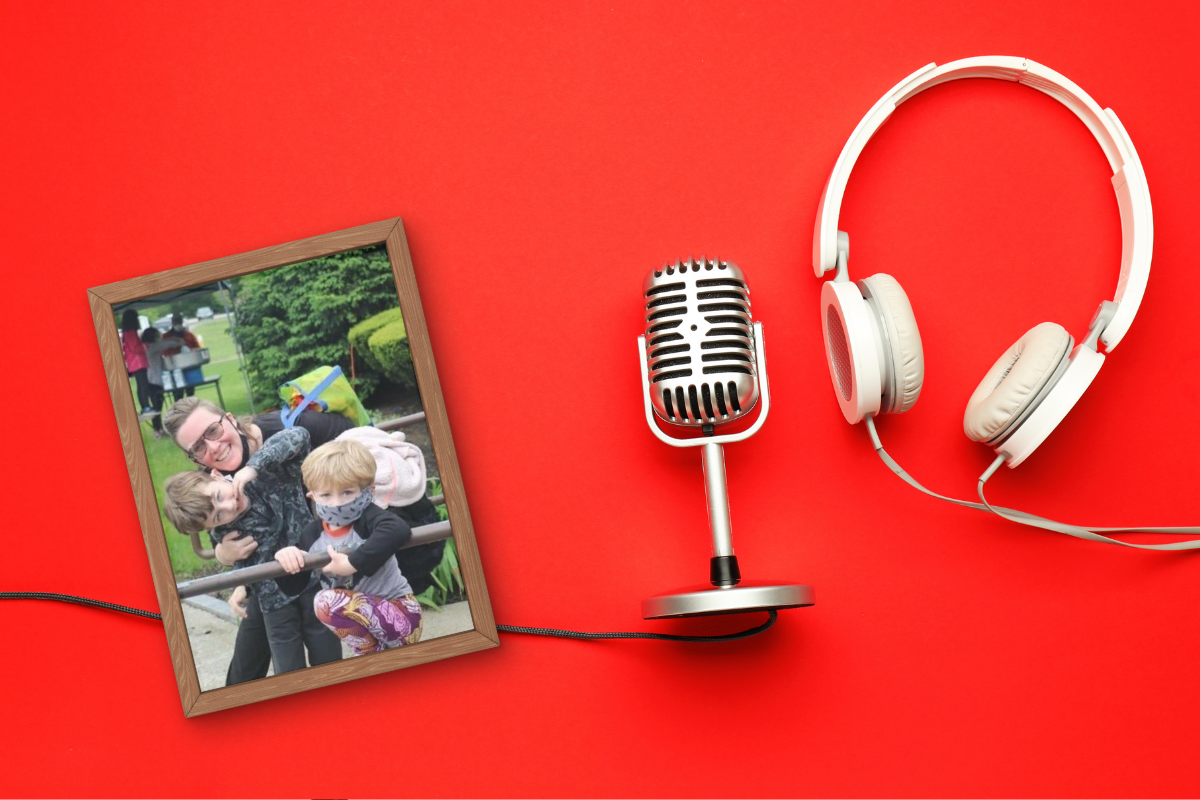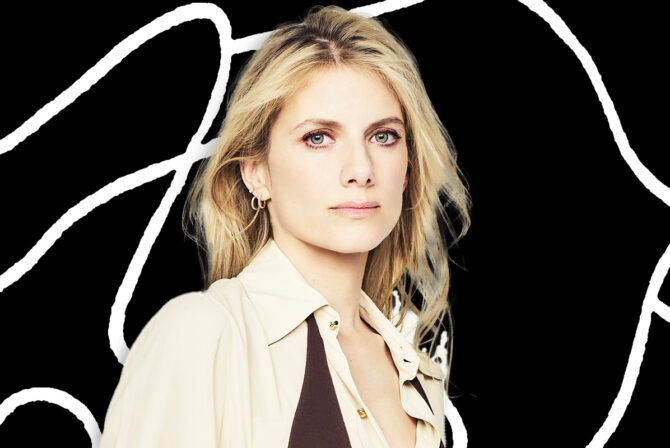Just ahead of my son’s second birthday, he received his autism spectrum diagnosis. Then, just ahead of his third birthday, I received mine. Receiving that diagnosis was liberating and offered a sense of self that had previously been out of reach. But growing up, my only exposure to autistic people in media was limited to stereotypes: the savant, the “Rain Man”-like character, the quiet kid who stared into the distance. I, truthfully, had no idea about the breadth and spectrum of the reality of autism, but I knew that as a storyteller, I had a calling to change that reality — for myself, and for my kids.
I’ve always loved telling and sharing stories and that love has shaped my professional life. I’m the director of digital content for PJ Library, which means I am in charge of managing the social media strategy, creating videos, blog posts, website content, podcasts and more to supplement the wonderful free Jewish books we send to families every month.
Stories have also been how, as a parent, I’ve been able to connect with my kids, impart values and lessons that are important to me, and understand myself and those who are different from me. When PJ Library started creating podcasts, our team wanted to tell stories that would make all Jewish children feel seen. And so our flagship show, “Beyond the Bookcase” was born: A diverse group of Jewish children would adventure through Mashal, a magical world of familiar stories and storytime characters — with Jewish twists.
Creating our core cast was fun and exciting: We had our protagonist siblings, the adorable Miri and Micah. Next came crafty and strong-willed Evie, and then rambunctious and kind Jacob.
I also wanted a character, written and crafted by an autistic parent of autistic kids, who defied the stereotypes I still come across so often and instead represented the real, authentic, happy kids in my own life.
And so Blue was born. While we’ve never outright named that Blue is on the spectrum, they’re a precocious kid with a lot of special interests that they love to talk about. The listener also finds out through the seasons that Blue struggles with changes in routine, has strong preferences about things like clothing textures and certain foods, and is often curious about the people around them. And Blue’s friends love Blue for these attributes! In fact, we also see that Blue’s personality is what makes them the sole human character the irascible Mr. Saifair enjoys spending time with.
Blue isn’t the only neurodivergent character in the series either. While my oldest relates most to Micah because “he also loves matzah like me,” my youngest is a huge fan of Jacob who “just can’t sit still,” and “always kind of needs to wiggle.”
In the show, the listener never sees the other characters (especially the adults) chastise any of the kids for being who they are. Rather, the community in this little world of real life and fairytale characters regularly affirms, supports and respects each other’s differences — a very menschy and Jewish thing to do.
Blue is an integral part of the adventures that happen in the land of Mashal. What I love about Blue is that while their autism is part of their character (and, spoiler, a component of their superpower in season three), their friends don’t diminish or baby them because of it. Blue’s friends like Blue, at their core, not because Blue is a project or feel-good story. To them, Blue is just another kid, with their own set of quirks, interests and loveable traits.
As I help my kids navigate the world and learn about how to treat others with respect (kavod), I also want them to be seen as the full, complex, loveable and interesting people they are. My hope is that in creating a character like Blue, who defies the tropes so often created in media by nonautistic adults, I am able to provide a beautiful window into the reality of being friends with an autistic child — or a mirror into being yourself and finding love and support from the people around you.








